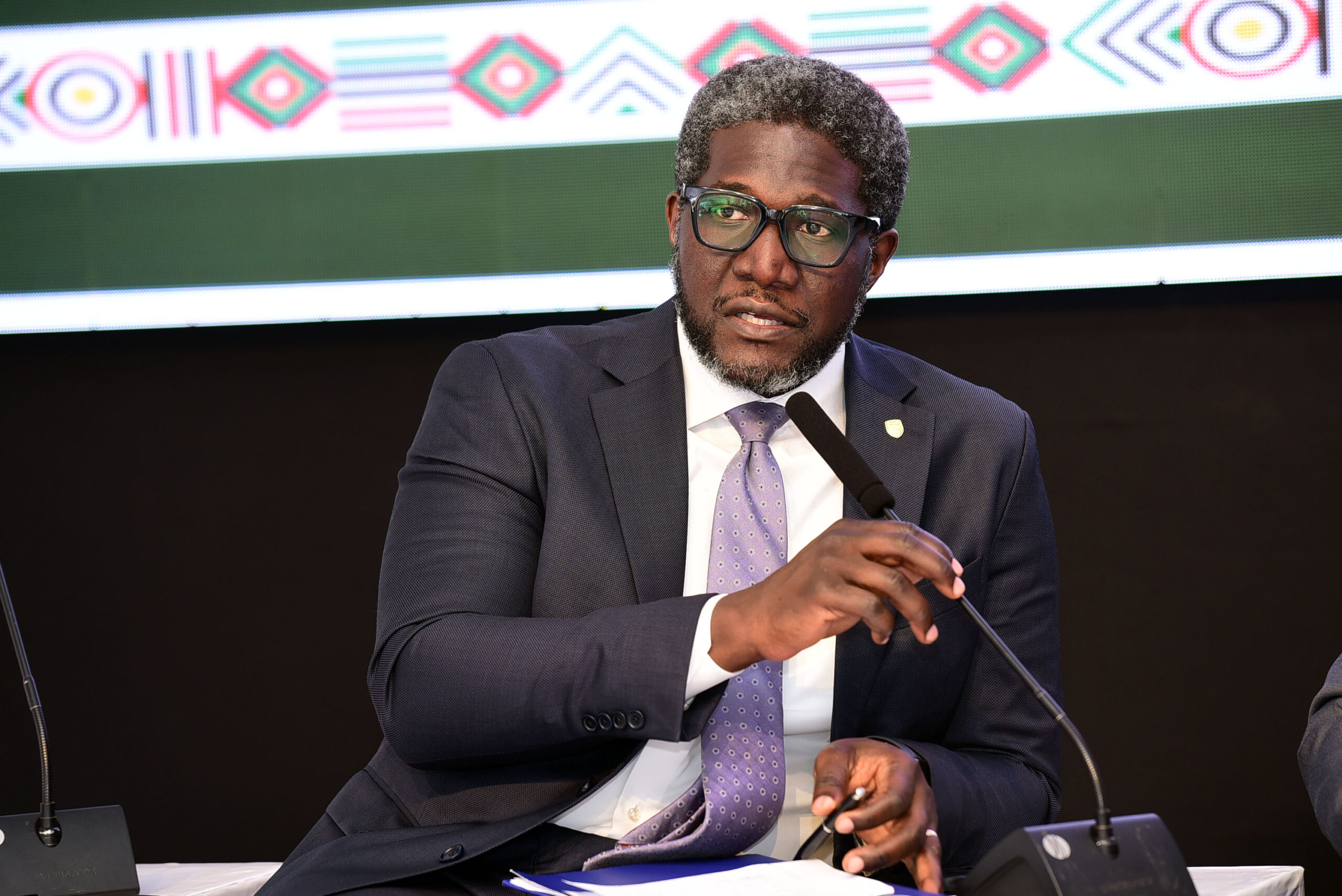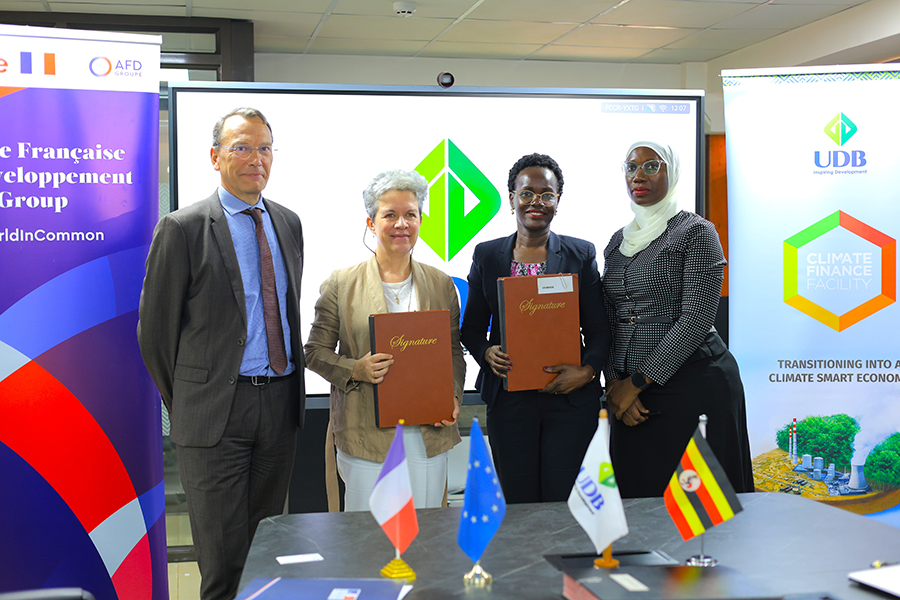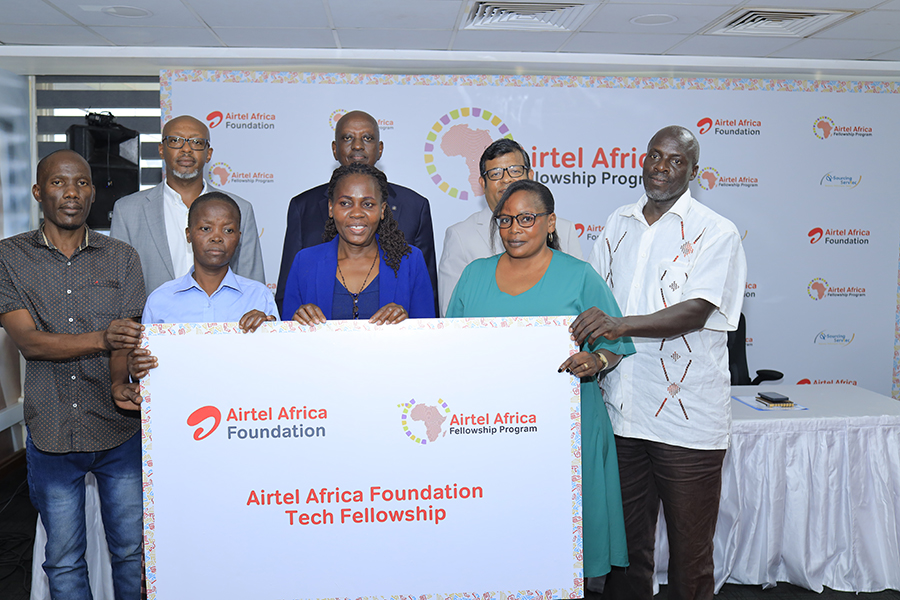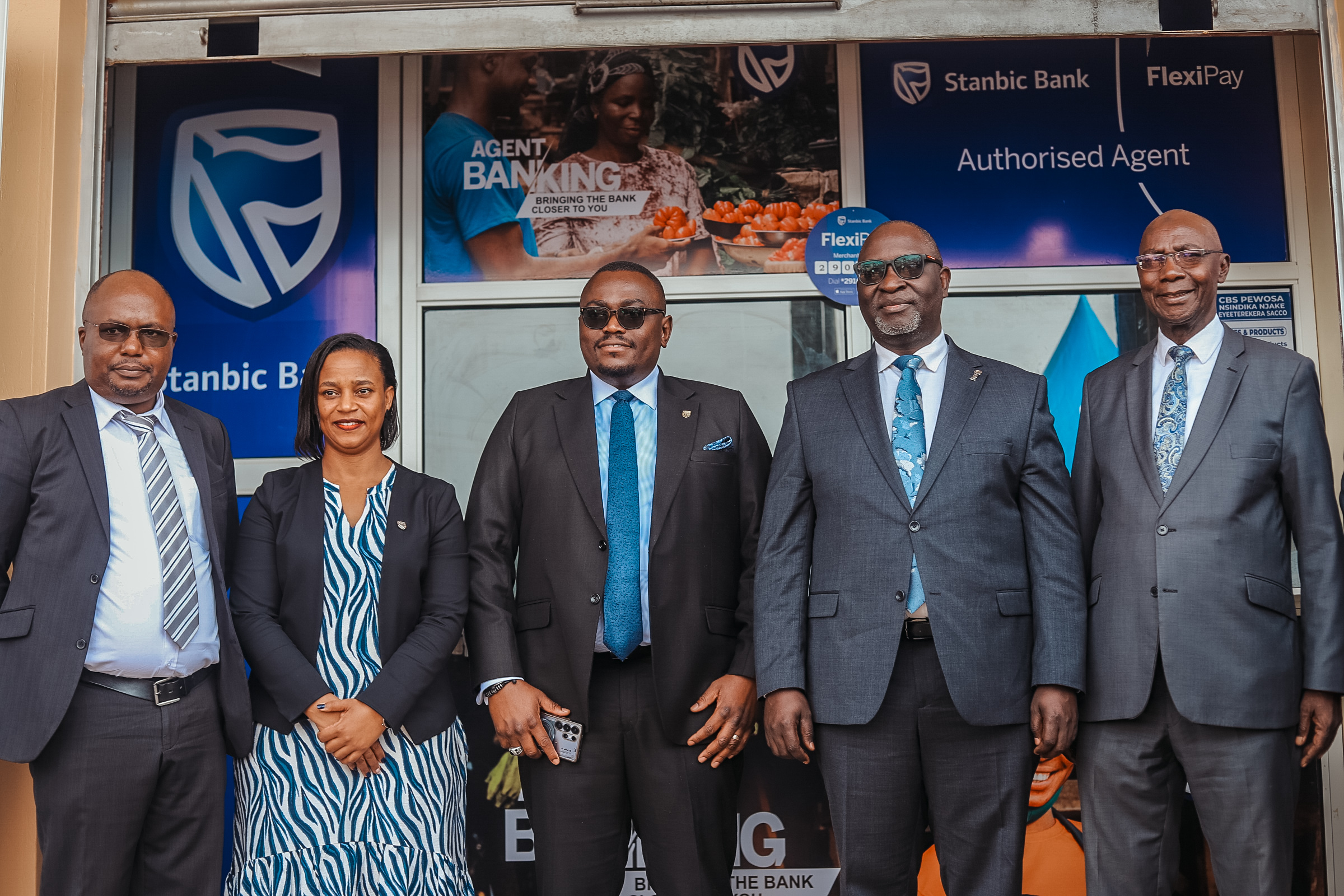Stanbic Bank Uganda has called for aggressive investment in entrepreneurship and innovation to address the country’s youth unemployment crisis. The bank made the call during the Investor Roundtable Summit hosted by the Makerere University Alumna Association.
The event, themed “Exploring Opportunities for Entrepreneurship, Innovation and Value Creation for Accelerated Socio-Economic Integration and Development of Sub-Saharan Africa,” attracted leaders from academia, business, and finance to chart Africa’s economic path forward.
Samuel Mwogeza, executive director and Head of Personal & Private Banking at Stanbic Bank Uganda, highlighted the stark demographic challenge Uganda faces: over 77% of Uganda’s population is under 25, yet more than 4 million young people are neither in school, employed, nor in training.
“This is a demographic dividend that could become a ticking time bomb without bold action,” Mwogeza warned during a panel discussion.
He called for increased private-sector investment in youth-focused initiatives, citing Stanbic’s programs as examples. The Stanbic National Schools’ Championship has trained thousands of high school students in entrepreneurial skills, aiming to transform them from job seekers to job creators.
The Stanbic Business Incubator supports youth- and women-led enterprises in agriculture, oil and gas, and services. Additionally, the Stanbic for Her program has provided affordable financing to over 30,000 women entrepreneurs, while the Stanbic SACCO programme offers low-interest loans (10–12.5%) to smallholder farmers.
Mwogeza revealed that Stanbic’s current investment in local enterprises stands at Shs 960 billion, with plans to increase this to Shs 1 trillion by 2028, prioritizing businesses led by women, youth, and farmers.
“Uganda is our home; we drive her growth,” he said, reaffirming the bank’s commitment.
The summit’s plenary session saw robust discussions, with graduates and alumni pressing for scalable solutions to boost innovation and entrepreneurship. Panelists emphasized the need for public-private partnerships to drive economic transformation across Uganda and Sub-Saharan Africa.







